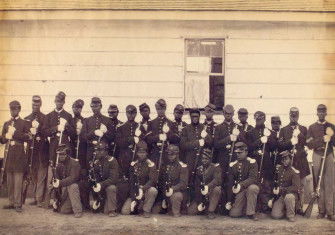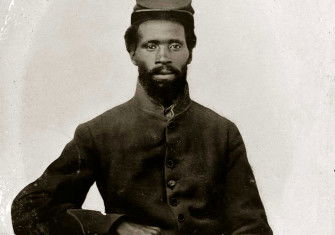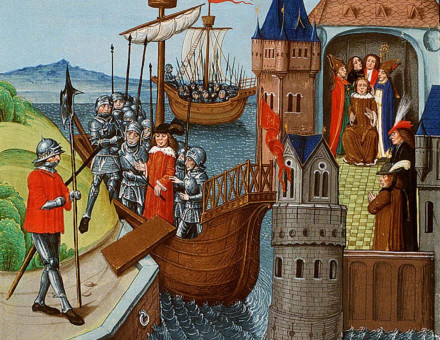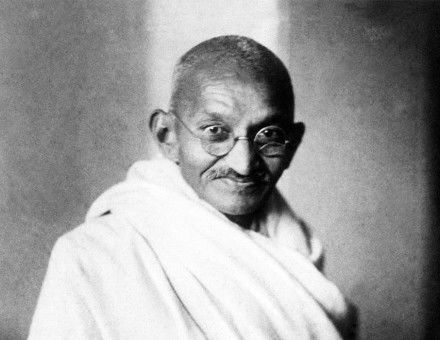Contrabands of War
A new term inadvertently changed the way people thought about runaway slaves.
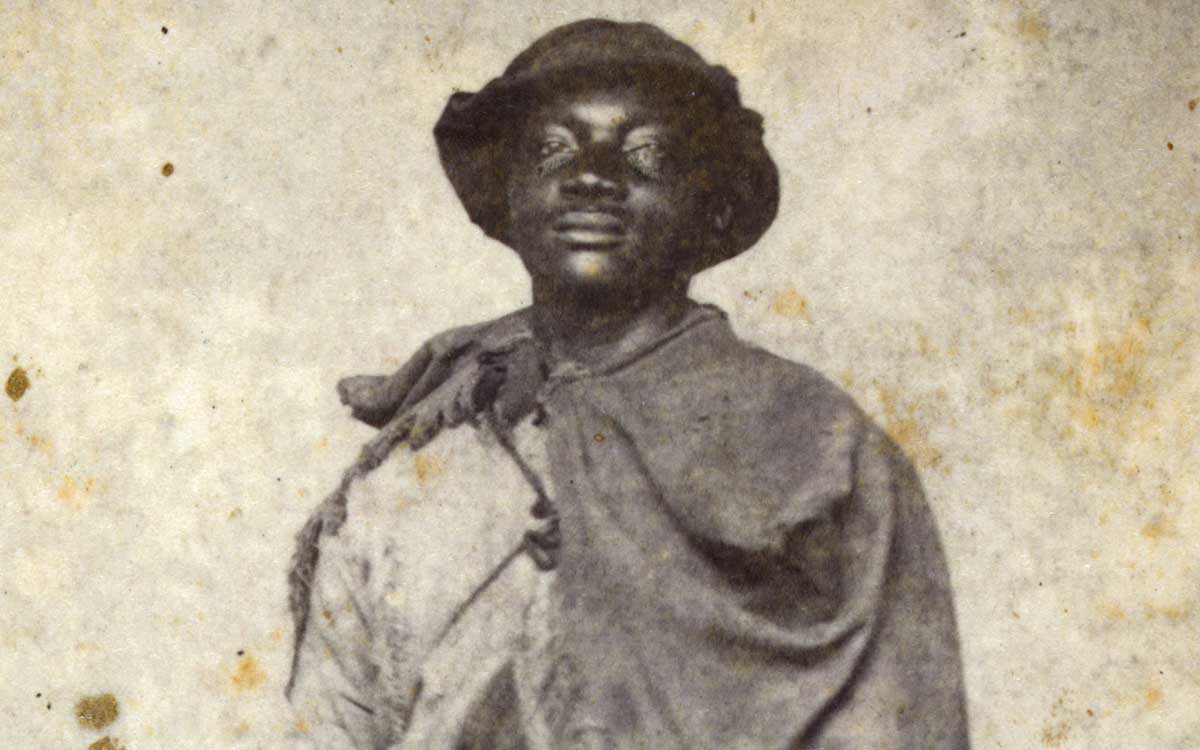
The day after Virginia seceded from the Union in 1861, three enslaved men – Frank Baker, James Townsend and Shepard Mallory – commandeered a boat and rowed across the James River from Hampton to Fortress Monroe. There they asked Federal troops manning the fort to grant them asylum.
What seemed like a straightforward request was anything but. Should these refugees be treated as freemen who had emancipated themselves? Or did the Constitution and the Fugitive Slave Act of 1850, which remained the law, require that they be returned to their so-called owners? Complicating matters was the fact that enslavers in loyal border states such as Maryland and Kentucky had been assured that the right to keep their human property was secure. Granting asylum to the three runaways would contravene this guarantee.
That was the dilemma confronting Fort Monroe’s commander, Major General Benjamin F. Butler. Butler was no abolitionist, but he realised that he could hardly order his troops – many of whom were antislavery New Englanders – to detain, shackle and return three runaways to secessionists who were aiming guns at them from batteries across the river.




